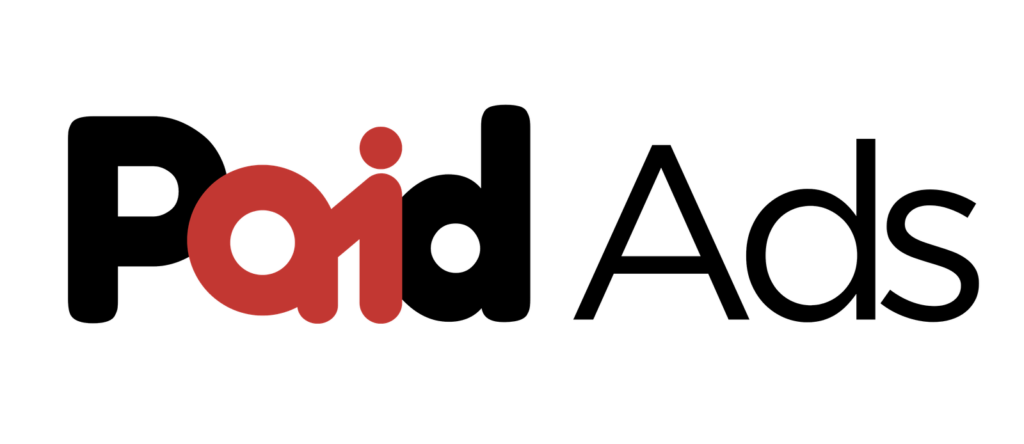This guide explores how to optimize PPC campaigns with budget allocation and scaling strategies tailored for both SMBs and enterprises. Learn how to diversify channels, prioritize keywords, expand geographically, and leverage automation to maximize ROI.
Why Optimizing PPC Campaigns Matters
Whether you run a small business or a large enterprise, effective PPC campaign budget allocation and scaling strategies are critical for long-term growth. A well-planned budget ensures efficient use of resources, while scaling intelligently helps you capture more market share without overspending.

PPC Budget Allocation Strategies for SMBs
SMBs often face tight marketing budgets. The key is to use every dollar wisely by focusing on high-impact tactics.
Channel Diversification
While Google Ads is the most popular platform, consider allocating part of your budget to Microsoft Ads, Facebook Ads, and LinkedIn Ads. Diversifying lowers risks and increases your reach.
Keyword Prioritization
Focus your spend on high-intent keywords that deliver conversions. Use keyword research tools to identify top-performing keywords and allocate more budget to them.
Audience Targeting
Use advanced audience targeting features — demographics, interests, behaviors, and custom lists — to ensure your ads reach the right users.
Retargeting Campaigns
Re-engage users who previously interacted with your brand. Retargeting keeps your brand top-of-mind and often delivers higher ROI.
Continuous Optimization
Review campaign data weekly. Reallocate budget to the best-performing ads, ad groups, and keywords while pausing underperformers.
PPC Budget Scaling Strategies for Enterprises
Enterprises typically have larger budgets, enabling them to scale campaigns for broader impact.
Geographical Expansion
Use location targeting to expand into new regions or international markets. Evaluate performance data before committing significant spend.
Product or Service Diversification
If your company offers multiple products or services, create dedicated PPC campaigns for each. This ensures precise targeting and maximized relevance.
Audience Segmentation
Leverage CRM and analytics data to create highly defined audience segments. Tailor campaigns for specific customer groups with custom messaging.
Automation and Optimization Tools
Adopt AI-driven bidding, smart campaigns, and automated rules to scale effectively. These tools save time and ensure efficient budget use.
Experimentation and Testing
Dedicate a percentage of your budget to testing new creatives, bidding strategies, and audiences. Testing provides insights for future growth.
Comparison Table: PPC Budget Allocation for SMBs vs. Enterprises
| Strategy | SMBs (Small & Medium Businesses) | Enterprises |
|---|---|---|
| Budget Size | Limited, requires careful allocation | Large, flexible for scaling |
| Key Focus | Keyword prioritization, retargeting | Geographic expansion, diversification |
| Tools | Manual optimization, basic reporting | Automation tools, AI-driven bidding |
| Audience Targeting | Broad demographics and retargeting | Deep segmentation with tailored messaging |
| Growth Approach | Focus on ROI with small budget shifts | Aggressive scaling into new markets |
Optimizing PPC campaigns with smart budget allocation and scaling strategies allows businesses of all sizes to grow efficiently. SMBs should prioritize high-value keywords and cost-effective tactics, while enterprises can expand reach and invest in automation.
👉 Ready to maximize ROI from your campaigns? Work with Paidads.ae to build data-driven PPC strategies tailored to your business goals.
FAQs
Q1. What does it mean to optimize PPC campaigns?
Optimizing PPC campaigns means refining ad spend, targeting, and creative strategies to improve ROI and achieve better performance with existing budgets.
Q2. How should SMBs allocate PPC budgets?
SMBs should focus on high-intent keywords, audience targeting, and retargeting campaigns while continuously shifting budgets toward top-performing ads.
Q3. What are the best ways enterprises can scale PPC campaigns?
Enterprises can scale PPC campaigns by expanding to new markets, diversifying campaigns by product lines, leveraging automation, and segmenting audiences.
Q4. Why is retargeting important in PPC campaigns?
Retargeting helps businesses re-engage users who previously interacted with their brand, making it a cost-effective way to drive repeat conversions.
Q5. Should businesses use automation in PPC campaigns?
Yes. Automation tools like AI-driven bidding and smart campaigns help optimize performance, save time, and allocate budgets more effectively.
Q6. How often should PPC campaigns be optimized?
Campaigns should be reviewed and optimized at least weekly. Regular adjustments ensure resources are focused on the highest-performing keywords and ads.





